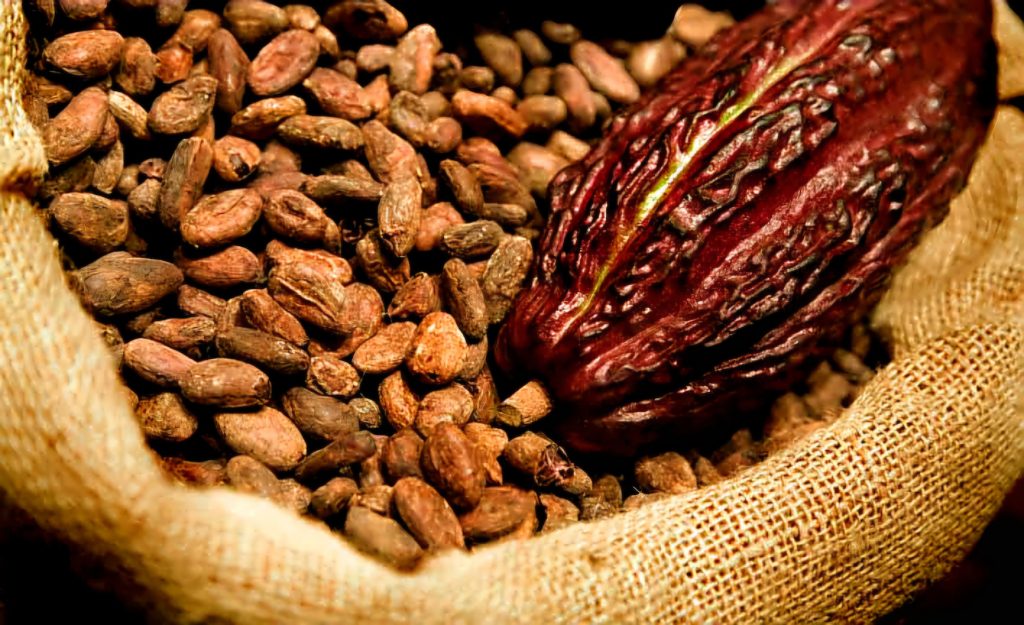Cocoa farmers in Ghana have formally submitted a complaint to the state regulator Cocobod, raising urgent concerns about environmental and social issues affecting their livelihoods. The complaint, signed by 30 farmers, demands a “living income” for producers while highlighting ongoing deforestation, child labor, and the detrimental use of pesticides within the cocoa industry, which positions Ghana as the second-largest cocoa producer globally.
This complaint serves as a significant test of a grievance mechanism established by Cocobod, which was a prerequisite for a $600 million syndicated loan from the African Development Bank (AfDB) in 2019. Cocobod holds extensive regulatory power over cocoa prices, marketing practices, and pesticide distribution, making its response to the farmers’ grievances critical.
The petition indicated that the AfDB sought to address the environmental and social challenges identified by the farmers through the creation of this grievance mechanism. The document was prepared in collaboration with the University of Ghana School of Law, the Civic Response non-profit organization, and the Corporate Accountability Lab based in Chicago, demonstrating a collective effort to tackle these pressing issues.
As of now, neither Cocobod nor the AfDB has responded to requests for comments regarding the complaint. The cocoa market has faced considerable volatility, primarily due to poor harvests in West Africa last season, which drove global prices to record highs. Current trading contracts are significantly above historical averages, with December New York cocoa prices exceeding $7,000 per ton. In response to these market conditions, Cocobod announced a nearly 45% increase in the farmer price to 48,000 cedis ($3,000) per metric ton for the 2024/25 season.
The farmers’ complaint cited studies showing that only a small percentage of cocoa producers in Ghana earn a living income from their cocoa production. The petition stressed that “Cocobod must require companies to pay farmers a higher price…a living income,” emphasizing the need for higher prices as a critical step toward eliminating child labor in the sector. Additionally, the farmers called on Cocobod to enforce companies’ commitments to combat deforestation, ensure transparency in supply chains, ban the sale of harmful pesticides, and promote sustainable farming practices within the industry.

